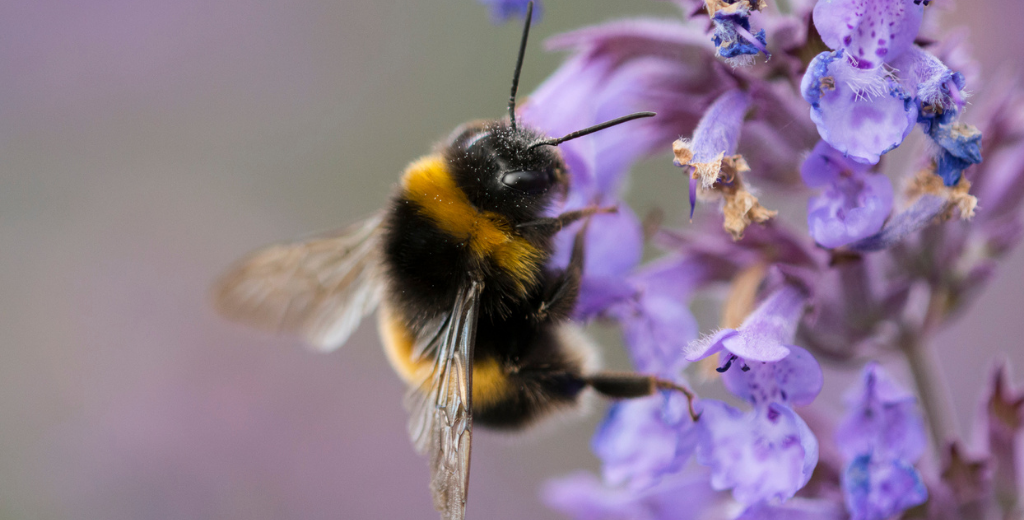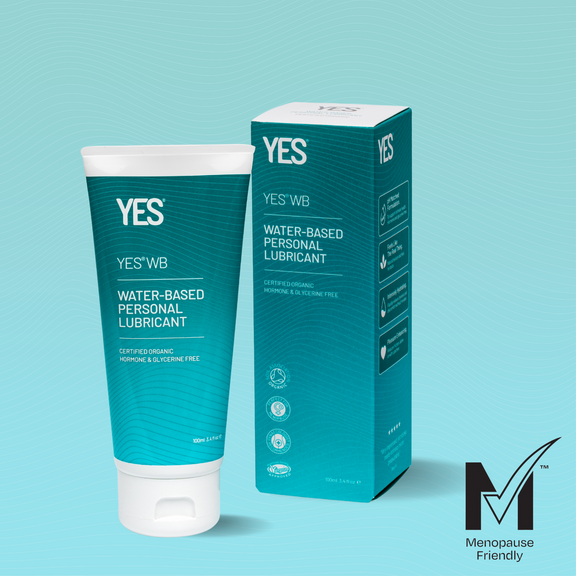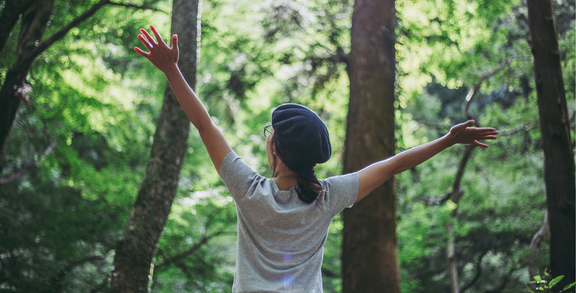Celebrating the return of the bees with Seedball
Why are bees important to YES®?
Spring has sprung and with it, the bees have begun to return from hibernation. Bees are incredibly important to the pollination of plants, dipping into petals to collect nectar and pollen, whilst spreading their pollen from flower to flower. Many plants would not be able to fertilise without bees. In fact, bees are estimated to provide billions of pounds of pollination services to farmers worldwide – a process that would have to be carried out manually without them. The YES YES Company owe the bees our gratitude because our products are made from organic plant-based ingredients. Without the symbiotic relationship between plants and bees, we wouldn’t have YES® products.

YES OB and Beeswax
YES OB plant-oil based lubricant in a tube contains a little white organic, sustainable sourced beeswax. Beeswax has been used for centuries for healing and as an antiseptic. We use this natural ingredient for its protective emollient properties and to help balance the density of the oils and butters combined in YES OB. Beeswax is secreted by the bees and deposited onto honeycombs. It is gathered purely by filtration, without harm to the bees. We only use organic, sustainably sourced beeswax in YES OB. Visit our ingredients page here for more information.

Why do we need to protect the bees?
Did you know that 13 of the UK’s bee species is now extinct and 35 others are under threat of extinction<1>? As a result, they’ve lost large amounts of their habitat due to intensive farming, which has replaced hedgerows with fields of single crops. It’s thought that in the past 60 years, 97% of wildflower-rich meadows have been lost.<2> Not to mention that excessive use of pesticides and climate change have become a threat in recent years.
How can you help the bees?
- Opt for organic products – Organic farming works in harmony with nature and organic farms have a greater abundance of wildlife. There is 50% more wildlife on organic farms than non-organic farms on average.<3> Supporting organic farmers, organic food producers and certified organic brands is beneficial to the bees.<4>
- Create a bee garden – Create a bee-friendly space to replace and restore lost hedgerow habitat. Give bees shelter by letting grass grow and fill the space with wildflowers. Seedball’s Bee Mix contains everything that you need.
- Ensure your plot is free from pesticides, insecticides, and herbicides – Pesticides are chemicals designed to eliminate unwanted pests, commonly insects. Unfortunately, they can also kill bees.<5> Seek out natural alternatives such as garlic oil and chili pepper<6>. Avoid buying flowers that have been pre-treated with pesticides and grow from seed where possible.
- Build a bee hotel – help create a place for bees to lay their eggs. Bee hotels are particularly beneficial for cavity-nesting solitary bees like Mason bees, Leafcutter bees and Yellow-faced bees. Friends of the Earth have a great guide for how to make one here.

Who is Seedball?
The creators of Seedball, Emily & Ana, founded Seedball in 2011 after finishing their PhDs in Conservation. They had the simple aim - to fill the world with wildflowers, starting with gardens. ‘Seedball is a non-profit company on a massive mission to help increase the abundance of British wildflowers and wildlife that depend upon them. We believe that if we can all better use whatever space we have available to us (whether a back garden, balcony, window box, little patio etc) we can together have a hugely beneficial impact on our local ecosystems. The last 50 years has been witness to huge declines in pollinators and other garden wildlife, but together we can really do something to reverse this. For us we want Seedball to inspire a wildlife gardening revolution while providing a very handy way of going about it! Conservation is in our heart and soul and one day we dream to fund our own Seedball wildflower reserves. Watch this space!!!’ We love Seedball’s mission and encourage you to do your bit this year to help ‘bee the change’ (see what we did there…). Why not make a personal pledge to start your own wildflower patch for Earth Day 2021? We’ve put together a few of our favourite Seedball products to help get you started:

A mix of native wildflowers, carefully selected to attract solitary bees, honeybees and bumblebees. Each tin contains 20 seed balls including seeds from: Birdsfoot Trefoil, Foxglove, Red Clover, Viper’s Bugloss and Wild Marjoram. Watch our Instagram reel on how to plant yours.
Bee Rescue Gift Set, £15.00

A gorgeous gift for bee lovers! Seedball have partnered with Beevive on this bee rescue set. The Beevive keyring is a re-fillable glass container which holds a sugar water solution inside a corked aluminium case. Ideal for helping give tired bees a little pick me up! The kit also includes Seedball’s Limited Edition Gold Bee Mix tin.
References:
<1> https://friendsoftheearth.uk/nature/10-easy-ways-help-bees
<2> https://www.theguardian.com/commentisfree/2015/may/18/losing-97-percent-britain-wildflower-meadows-matters-butterfly
<3> https://www.soilassociation.org/take-action/growing-at-home/bee-organic/
<4> https://www.soilassociation.org/take-action/growing-at-home/bee-organic/five-ways-you-can-help-bees/
<5> https://bees.caes.uga.edu/bees-beekeeping-pollination/pollination/pollination-protecting-pollinators-from-pesticides.html
<6> https://www.peta.org/living/humane-home/natural-harmless-alternatives-garden-pesticides/




